When you step into East Garden, you’re hit with a strong vibe of Asian beauty. The old-school decor goes perfectly with the mural of the famous ancient Chinese painting “Along the River During the Qingming Festival”, creating a charming, vintage feel. The air is thick with the delicious smell of soy sauce and the warm steam from hot dim sum, making you feel like you've been whisked back to the old street food spots in Guangzhou, where you can’t help but feel at home. There’s no showy plating or intentional design going on; it’s just the genuine flavors of Guangdong cooking. Choosing the best seasonal ingredients, controlling the cooking heat perfectly, and giving honest, caring service all mix together to form a classic that lasts forever. People flock to this place because they love the way it sticks to its roots, enjoying the genuine flavors and soft textures that are so important to Cantonese cuisine, experiencing the pure happiness brought by “a simple bowl of soup and two dim sum” that perfectly interprets the art and significance of the Cantonese cuisine heritage.
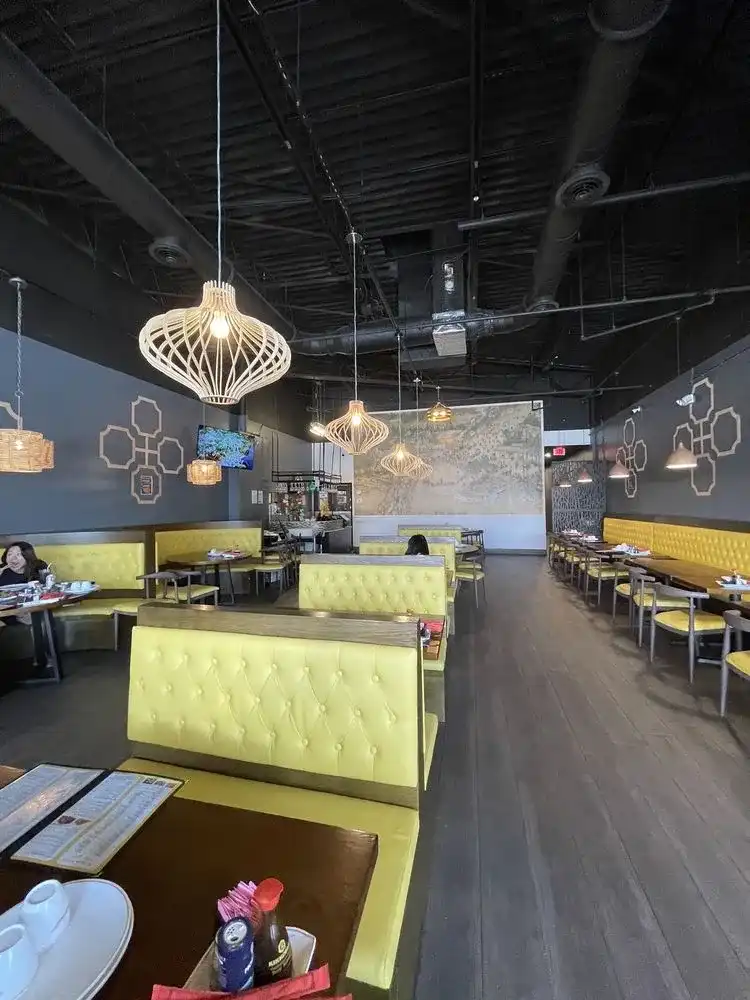
East Garden
东园
5136 W Colonial Dr, Orlando, FL 32808
(407) 203-6001
Signature Dishes
Mr. Zeng, the guy in charge of the restaurant, has been in the cooking business for more than forty years. Starting out as a cook in a Guangzhou restaurant, he has worked his way up to being a skilled chef, with a deep love and knowledge of Cantonese dishes that he’s had for ages. Choosing ingredients is a careful process, and Mr. Zeng is all about getting fresh and quality items on a daily basis. He makes smart choices to really highlight the original flavors of Cantonese dishes. By being super picky about what goes into their dishes and respecting traditional cooking styles, the restaurant has made its food taste and look amazing.
The menu is packed with variety, offering everything from Cantonese dim sum and fresh seafood to congee, rice noodles, and rice meals, along with flavorful stir-fries, nice soups, and steamed specialties.
Signature Lobster: Fresh, live lobsters are cooked up with different spices to highlight their special softness and fresh taste;
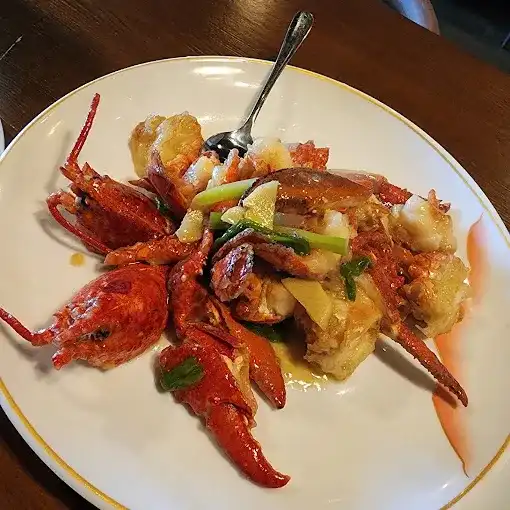
Pork Belly with Preserved : This traditional Cantonese dish is a must-eat which is flavorful without being oily. Just one bite lets you enjoy the soft taste of the slow-cooked pork, the fresh scent of the dried plum vegetable, and the tasty sauce. Together, they create a delightful mix that makes the dish really special;
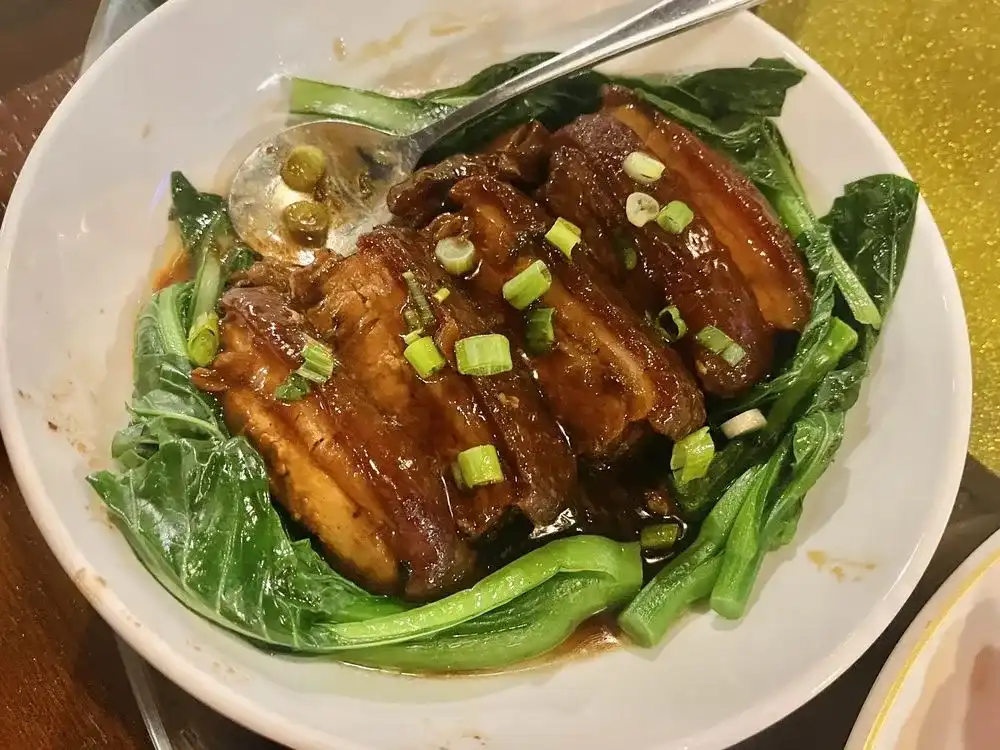
Steamed Minced Pork with Salted Fish: Offering a timeless flavor, the meat cake and the salted fish fit together nicely without one overpowering the other. Instead, their tastes work together perfectly, and the aroma alone is really rich and inviting.

The wide range of dim sum from Cantonese cuisine, packed with tons of choices, is a hit with many food lovers.
Shrimp Dumplings: The see-through, chewy wraps are packed with tasty, fresh fillings that are really smooth;
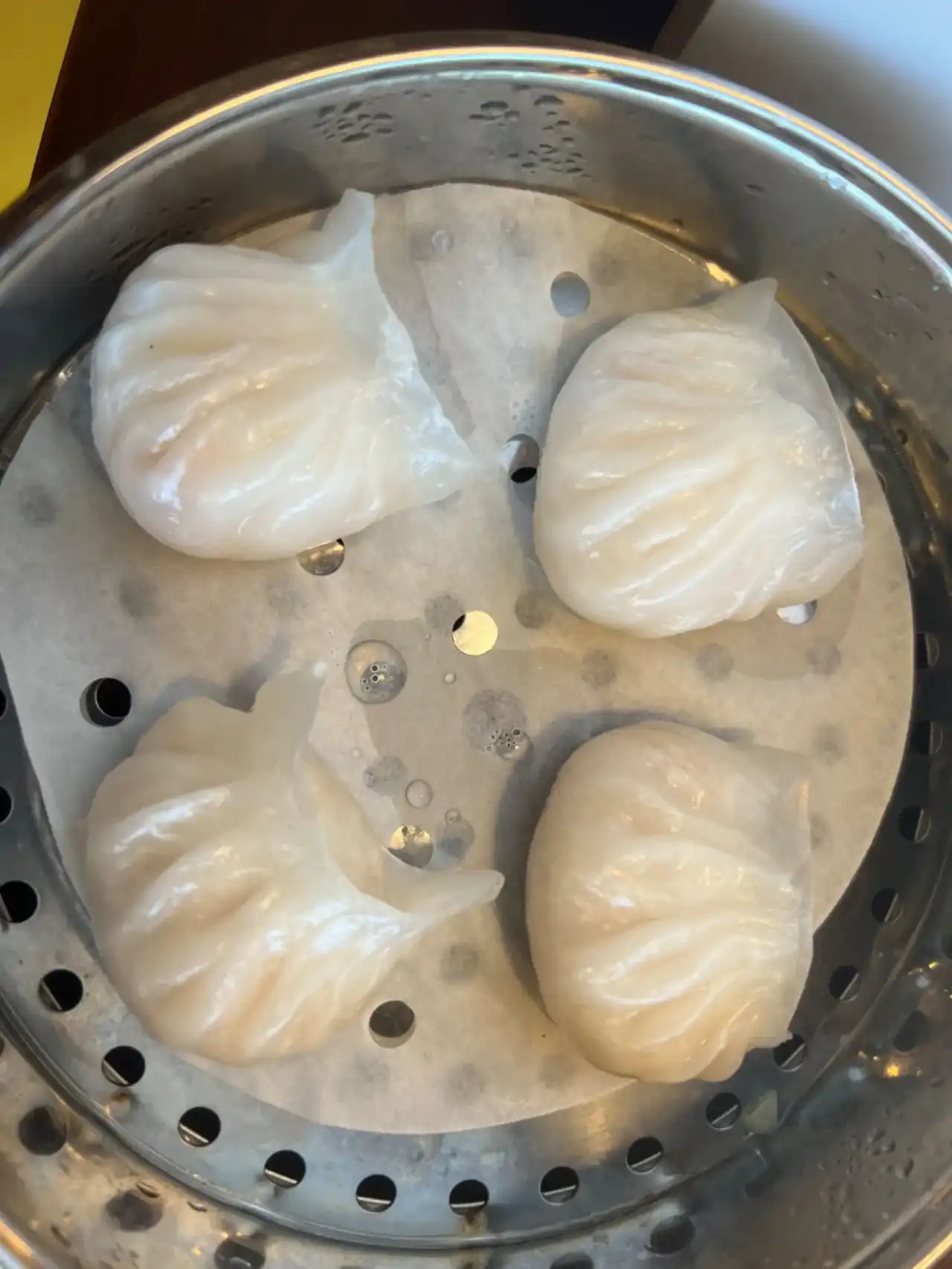
Pork Ribs with Black Bean Sauce: Tender, fragrant, and chewy, with a rich and savory black bean flavor.

Steamed Roast Pork Buns: Gentle and tender, bursting with a deep and tasty flavor.

Every dim sum bite is packed with real Guangzhou flavors that linger on your palate. It takes you right to the bustling streets of Guangzhou, letting you soak in the cozy vibe of daily life there.
Dedicated to the Legacy of Cantonese Cuisine
Mr. Zeng and his wife have always stayed pretty relaxed about the restaurant's current success. They know that to stay ahead in the super competitive restaurant business, they have to keep innovating all the time. Because of this, they maintain a constant desire to learn, frequently meeting up to listen to feedback from their guests, and are always trying to find better ways to do things. At the same time, Mr. Zeng is showing his team how to play around with new ways of cooking and different ingredient combos, all in an effort to provide a unique dining experience while still honoring traditional flavors.
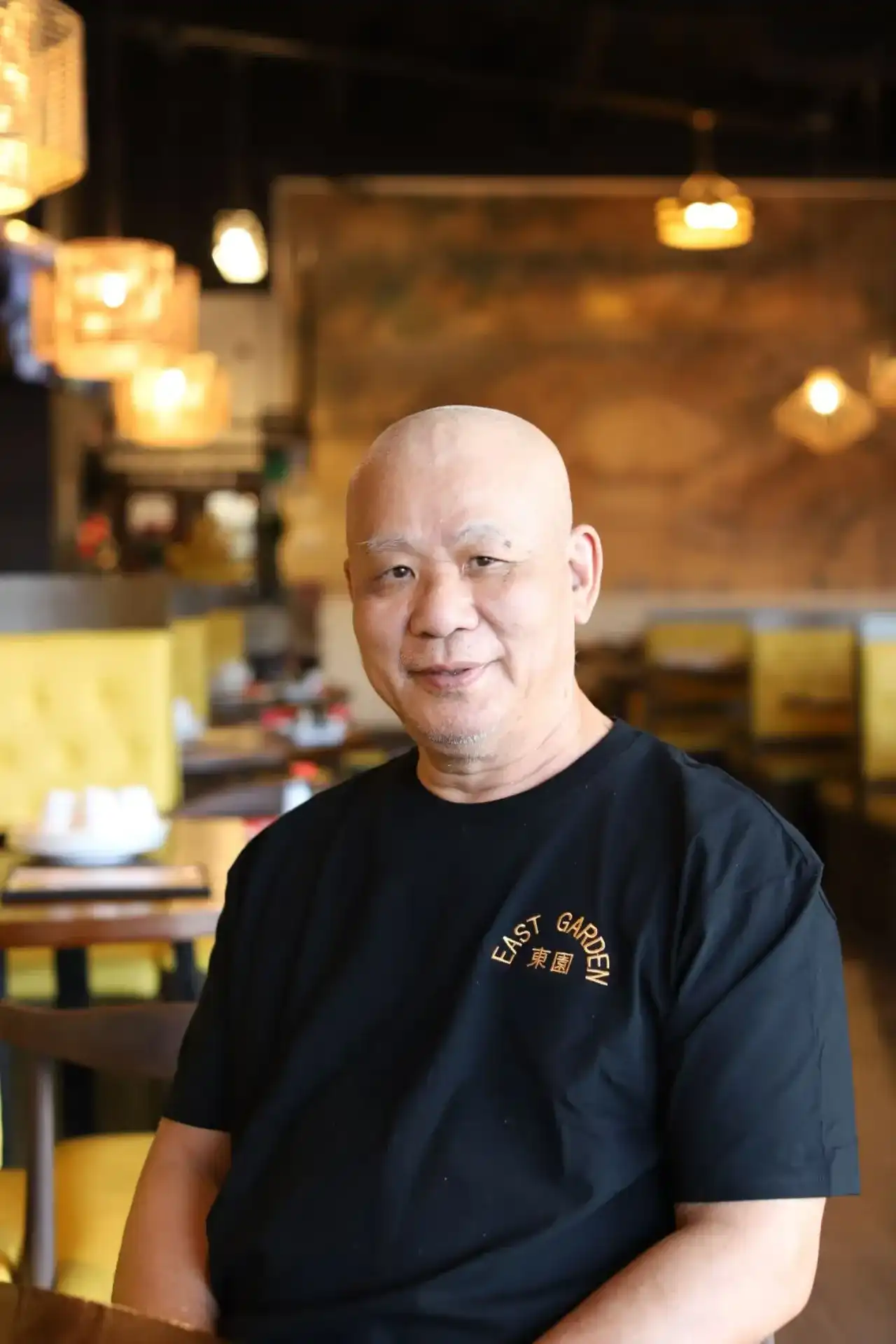
Looking forward, Mr. Zeng and his wife aim to streamline how they run things and manage their business while keeping things on a steady path. They really stress how crucial “commitment” is and want to share real Cantonese food with genuine love and enthusiasm, hoping to connect with folks from all kinds of backgrounds. In the future, the restaurant will keep whipping up tasty dishes with a true artisan vibe and treat customers with real kindness, letting more folks enjoy the amazing flavors and profoundness of Cantonese food.
Xiao Long Bao is one of the most famous Chinese ste
What you’ll learn: How to make a vegetarian versi
The Chinese culture is filled with food traditions
Ancient Chinese Stir Fry Secrets (at home) Restaura
New friend, Deb Puchalla, who is Editor in Chief of
Copyright © 2000-2018.New Asian Restaurant News All rights reserved.
FEEDBACK